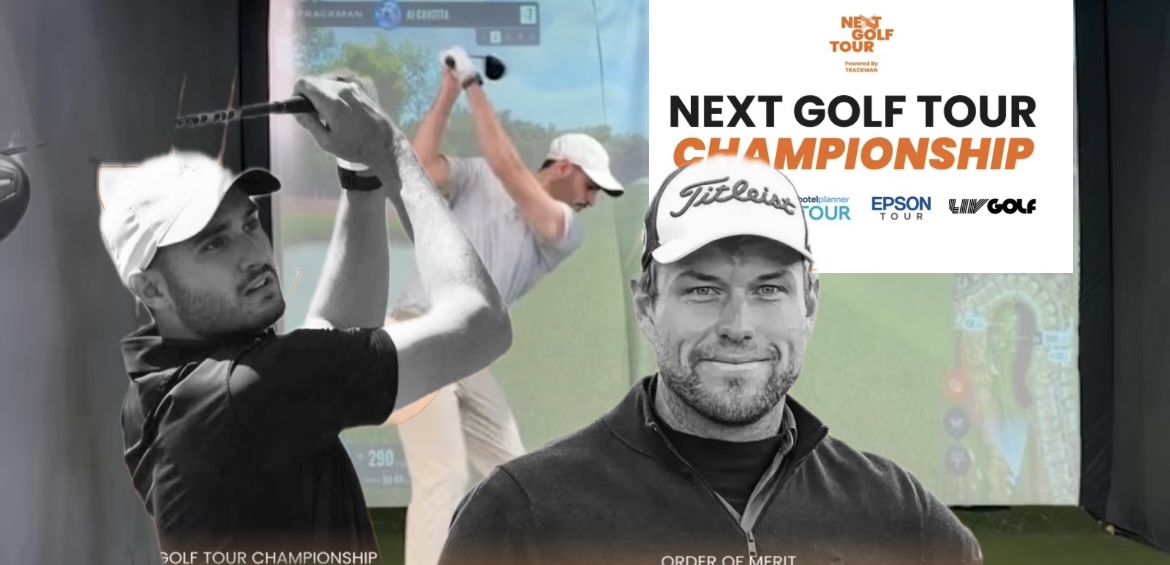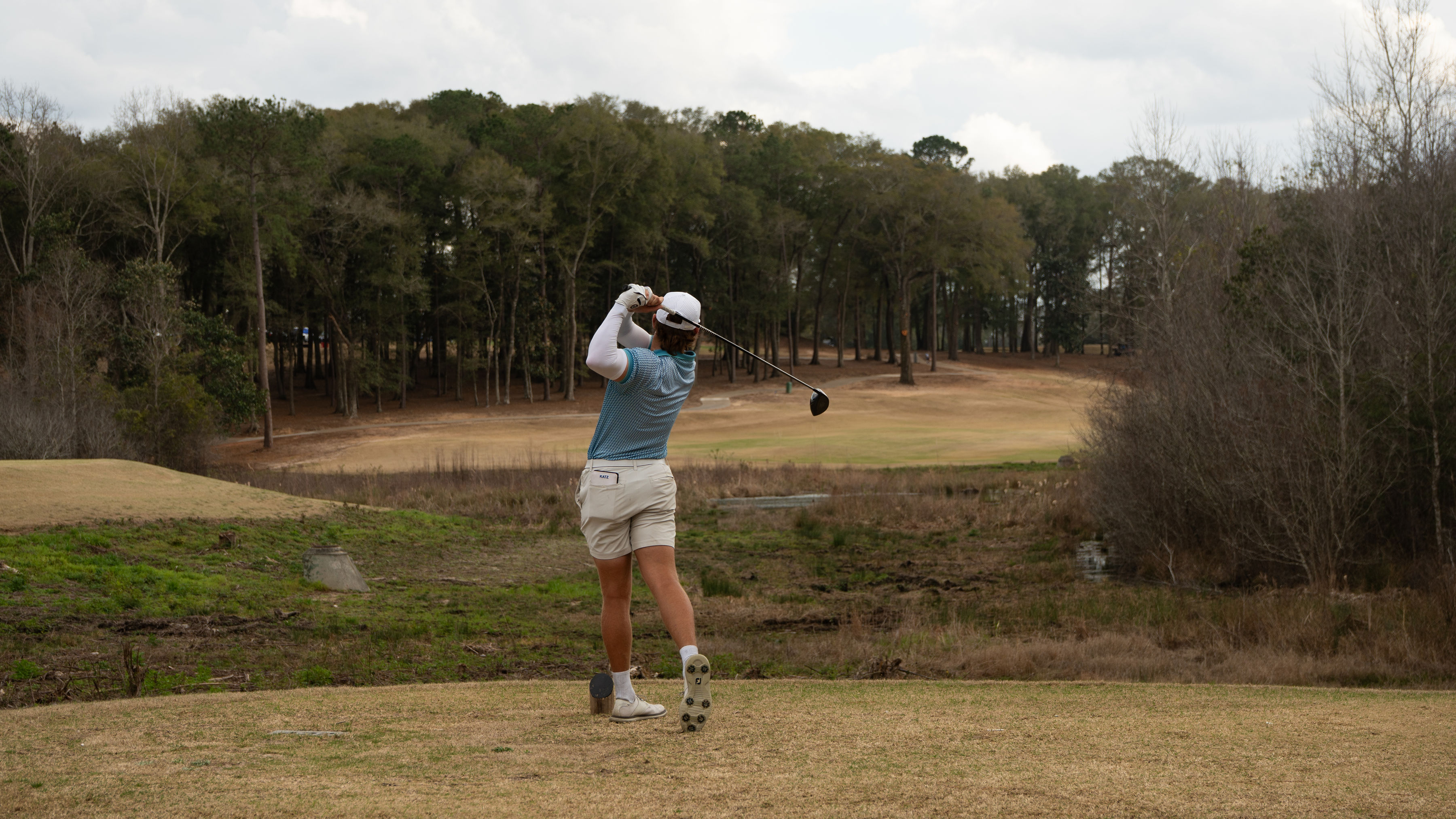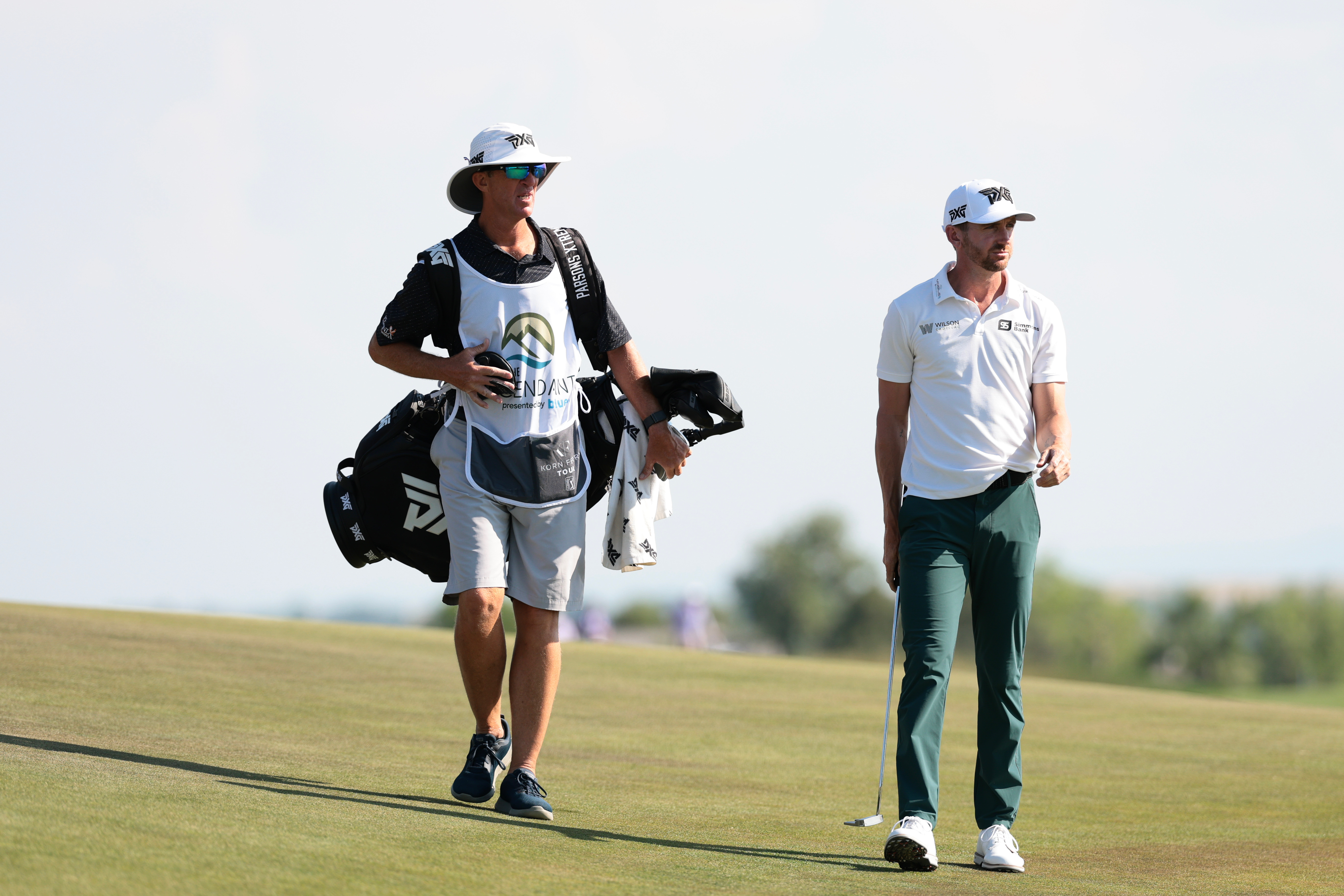The Americans dominated singles matches on Sunday at the Ryder Cup, losing only one match and nearly pulling off an impossible comeback at Bethpage. I watched much of the weekend’s action with my five-year-old son, Miles, who excitedly cheered for the Red, White and Blue, as he chose his on-screen heroes. As dramatic as the late American charge was, the real story at Bethpage was what came before it – the Friday and Saturday beatdowns that all but buried the U.S. team, and the brotherly bonds that lifted the Europeans to make history.
Tommy Fleetwood and Justin Rose defeated golf titans, Scottie Scheffler and Bryson DeChambeau, 3 & 2 in the Saturday afternoon fourball match. They didn’t just survive a fierce partnership of the most intimidating golfers in the world in a hostile environment, they thrived, making 11 birdies in 16 holes. Not even a tense confrontation led by DeChambeau that began on the 15th green and escalated on the way to the 16th tee could rattle them. In celebration, Fleetwood and Rose embraced as brothers, foreheads and noses touching, holding one another’s heads in loving support. They were athletic warriors who protected one another and shared an intimacy only they fully knew – a connection that made them unbeatable.

For Americans, it was a particularly powerful image and one I hoped left an impression on Miles, and boys much older. American culture and many of its most prominent leaders, particularly in this moment, encourage young men to be arrogant, coarse, unempathetic, misogynistic, and unapologetic. These messages are reinforced by the algorithms of social media, from self-serving influencers, and from performative business and political leaders. Many prominent people who have traditionally been role models to Americans are contributing to a crisis of masculinity that has left many men isolated, crass and unfulfilled. This was on display in the Saturday crowds around Bethpage.
What Ryder Cup fans witnessed from the European team on Saturday was courageous: unbeatable golf with personal insults being leveled by unruly fans, fueled by exorbitant ticket prices and expensive alcohol. Sports crowds anywhere can be raucous, especially in New York. European football fans can be the most menacing of all. But the American crowd on Saturday turned into an ugly mob, and European players refused to be intimidated. They pointed, hushed and returned verbal grenades, countering the mob. More effective than any retort however, European players made putts. As the round went on, the state police presence grew with a line of officers forming a path for Shane Lowry in between holes. The European players rallied around each other, staying physically close between shots, shielding teammates from whatever may come next.
To American players’ credit (and my relief as a parent), some tried to calm the crowd, Justin Thomas chief among them. It was relieving to see Thomas waving his hands at the height of match tension to quiet the crowd, before an important Lowry putt. (Despite my efforts to steer Miles towards Cameron Young, Thomas became his favorite American player on Sunday.) I’m sure there were other American players trying to keep the peace who weren’t shown. The European players out Saturday afternoon – McIlroy, Lowry, Fleetwood, Rose, Rahm, Straka, Hatton, Fitzpatrick – protected each other in the face of calamity and lifted one another to perform at their best.
American players deserve credit for their valiant effort on Sunday and taking their hats off in defeat each day. For the most part, they demonstrated the kind of sportsmanship you hope your children model. If the outcomes were reversed and the Americans were blowing out the Europeans, you can imagine more smiles and bonding among the U.S. team. You can imagine high-fives, chest bumps and hugs. But you can't imagine the deep affection between players that the Europeans displayed. The intimacy between men says something about being comfortable in your masculinity: empathy is powerful, camaraderie is a superpower. You can’t just come together for a couple weeks every two years and hope to build this; it took years to cultivate.
How many times did we see Jack Nicklaus and Arnold Palmer walk off a final green with their arms around each other, humble in victory, gracious in defeat? Former Ryder Cup member Peter Jacobsen was embraced by Arnold Palmer when he cut in front of The King during a practice round in Jacobsen’s first professional event. Palmer’s message was that the most important obligation you have as a professional is to the other people in the game. That doesn’t mean you don’t practice hard, compete passionately, and believe you can win; it doesn’t mean you don’t devote the necessary time to your craft and make required sacrifices (golf is, after all, an individual sport). It means that there’s more to golf than your own pursuit – the game is bigger than you. It means supporting others can be a bulwark against unhealthy narcissism, and lead to a more fulfilling pursuit. It means you might go further when you bring others along for the ride.
Fleetwood and Rose standing nose to nose was striking in an America that tells young men to “get yours.” While painting a picture of an American flag on Sunday in front of the TV, Miles asked why the U.S. was losing. Sometimes you lose, I reassured him, but when you love and support your teammates, you can be better than you thought possible.
Lorem ipsum dolor sit amet, consectetur adipiscing elit. Suspendisse varius enim in eros elementum tristique. Duis cursus, mi quis viverra ornare, eros dolor interdum nulla, ut commodo diam libero vitae erat. Aenean faucibus nibh et justo cursus id rutrum lorem imperdiet. Nunc ut sem vitae risus tristique posuere.







0 Comments